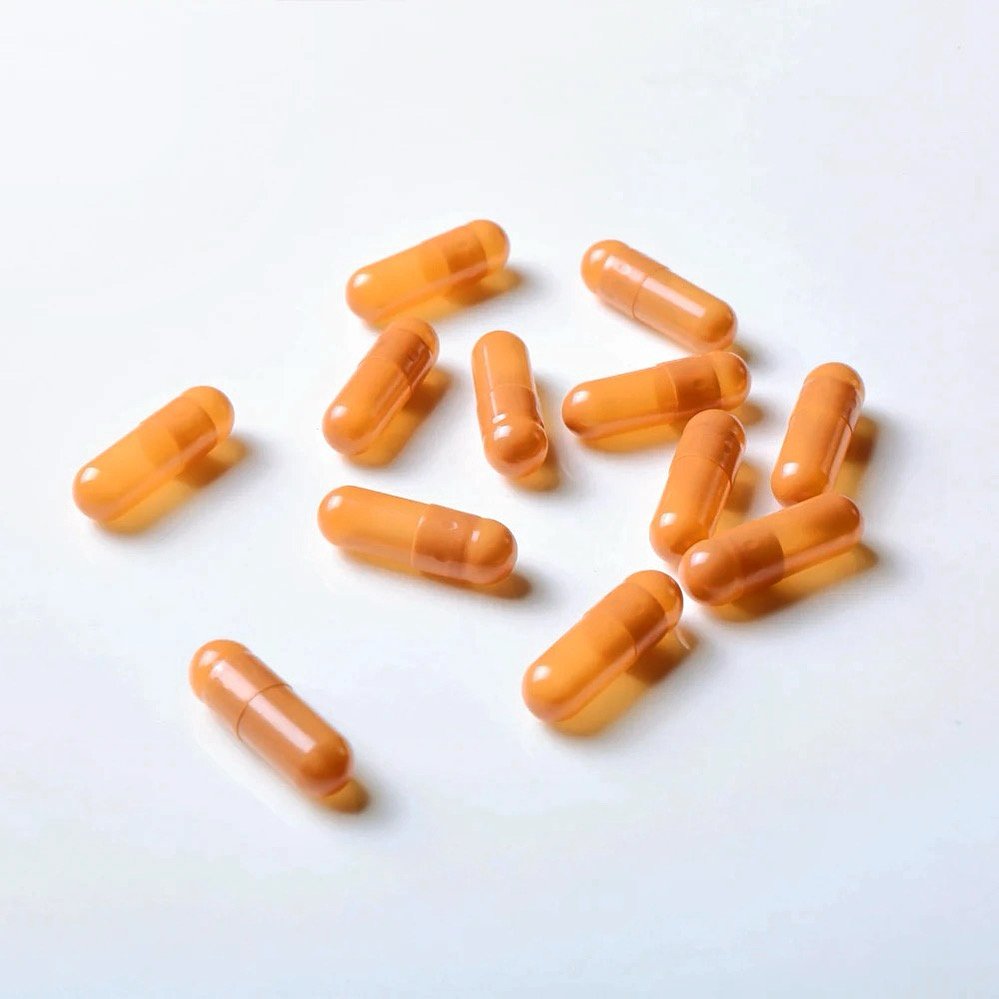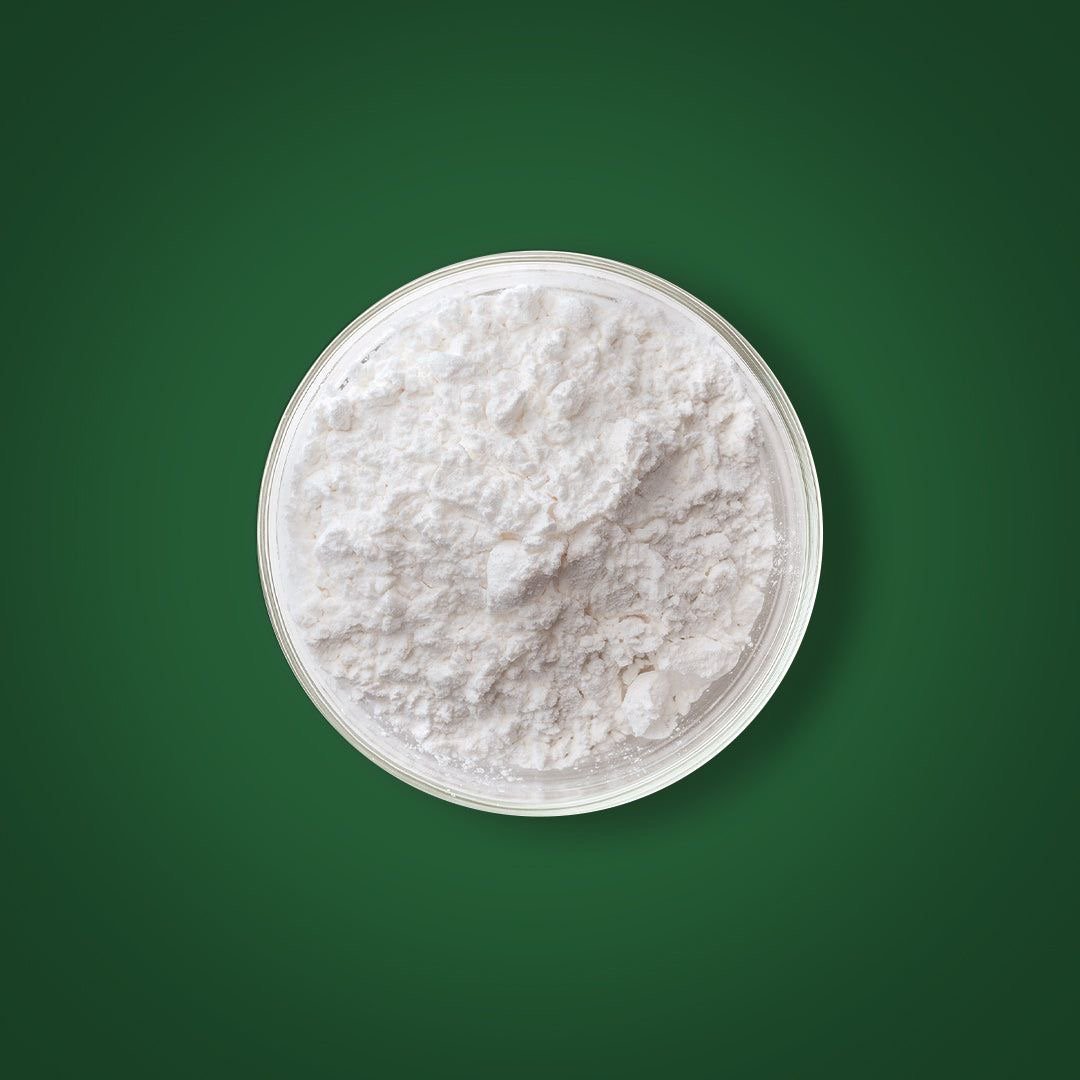
The rapidly expanding global food supplement market reflects a growing consumer consciousness about health and the pursuit of supplemental nutritional support. This trend has propelled regulatory bodies worldwide to establish fundamental guidelines for food supplement oversight, focusing on ensuring their safety, quality, and accurate information about their potential health effects.
Understanding and Categorizing Food Supplements
Regulatory guidelines typically initiate by delineating what constitutes a food supplement.
Essence of Food Supplements
Food supplements are essentially potent sources of nutrients or other elements. Which provide nutritional or physiological benefits, designed to enhance the usual diet. Therefore, available in diverse forms such as; capsules, gummies, tablets, powders, or liquids. They are distinctly categorized by regulatory agencies to separate them from pharmaceuticals or other medical products.
Classification of Food Supplement Oversight
Despite, the categorization of food supplement regulations varying from country to country. There is a common emphasis on several foundational principles.
Safety Assurance
Safety is the foremost concern in the realm of food supplements, prompting regulatory authorities to demand comprehensive safety evaluations from producers to identify any risks associated with supplement ingredients. This encompasses considerations of dosage, potential substance interactions, and possible negative effects. Compliance with Good Manufacturing Practices (GMP) is typically compulsory, guaranteeing that production processes adhere to recognized safety norms.
Quality Control
The integrity and efficacy of food supplements hinge on stringent quality control, necessitating producers to implement thorough quality assurance steps throughout the production and distribution process. This involves detailed examination of raw materials and finished products to assess active ingredient levels, stability, and contaminant absence. Quality standards also involves practices like; Hazard Analysis Critical Control Points (HACCP) and acquiring certifications such as Food Safety System Certification (FSSC) 22000. This is to ensure products meet their intended specifications and deliver their purported health benefits.
Labelling and Representations
Meticulous and truthful labelling under regulatory standards is vital for informed consumer choice. Regulations usually mandate complete disclosure of ingredients, usage instructions, storage conditions, and potential allergens on product labels. Health claims and other label assertions must be evidence-based and not misleading.
Promotion and Marketing
Advertising practices for food supplements are stringently scrutinized to prevent misleading or fraudulent claims. Promotional materials must adhere to regulatory standards, with health benefit claims backed by credible scientific evidence. Marketers are required to clearly convey any product limitations or precautions to guide consumer decisions.
Compliance and Oversight
Post-market surveillance is emphasized in regulatory frameworks to monitor adverse effects or safety issues linked to food supplements. Therefore, marketers must report adverse events promptly, to allow regulatory bodies to act protectively when necessary.
By adhering to these regulatory principles, stakeholders in the food supplement industry can foster a responsible market that prioritizes consumer well-being, with consumers gaining confidence in the reliability and regulatory compliance of the supplements they use.
Navigating Food Supplement Oversight
Regulatory bodies are pivotal in supervising the production, marketing, and safety of food supplements. These agencies set forth and enforce guidelines to ensure product safety, quality, and consumer transparency.
Key Regulatory Authorities
(EFSA) European Food Safety Authority – European Union: EFSA influences EU supplement regulation, with the European Commission formulating directives based on EFSA’s scientific assessments.
(DGCCRF) Direction Générale de la Concurrence, de la Consommation et de la Répression des Fraudes – France: DGCCRF oversees consumer protection in France, including food supplement regulation.
(FSA) Food Standards Agency – United Kingdom: Post-Brexit, the FSA governs UK food supplement regulation, diverging from EU norms.
(FDA) Food and Drug Administration – United States: The FDA regulates dietary supplements in the U.S., with manufacturers adhering to GMP and ensuring products are appropriately labeled and claims are substantiated.
Food supplement regulations are crafted to safeguard their safety, quality, and honest communication. By complying with these regulations, the industry can ensure a market that supports individual health and offers safe and effective supplements.
For industry participants seeking regulatory support for food supplement development, FOREFRONT Nutraceuticals offers additional services to assist in navigating these complex regulations. Contact our team info@forefront-nutraceuticals.com




